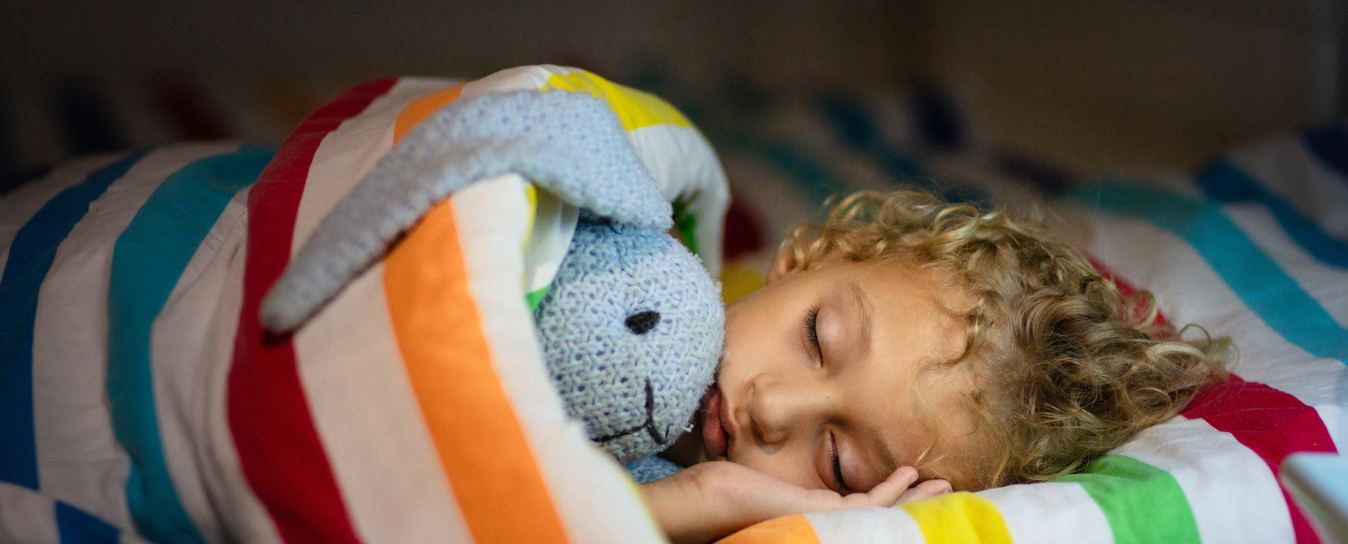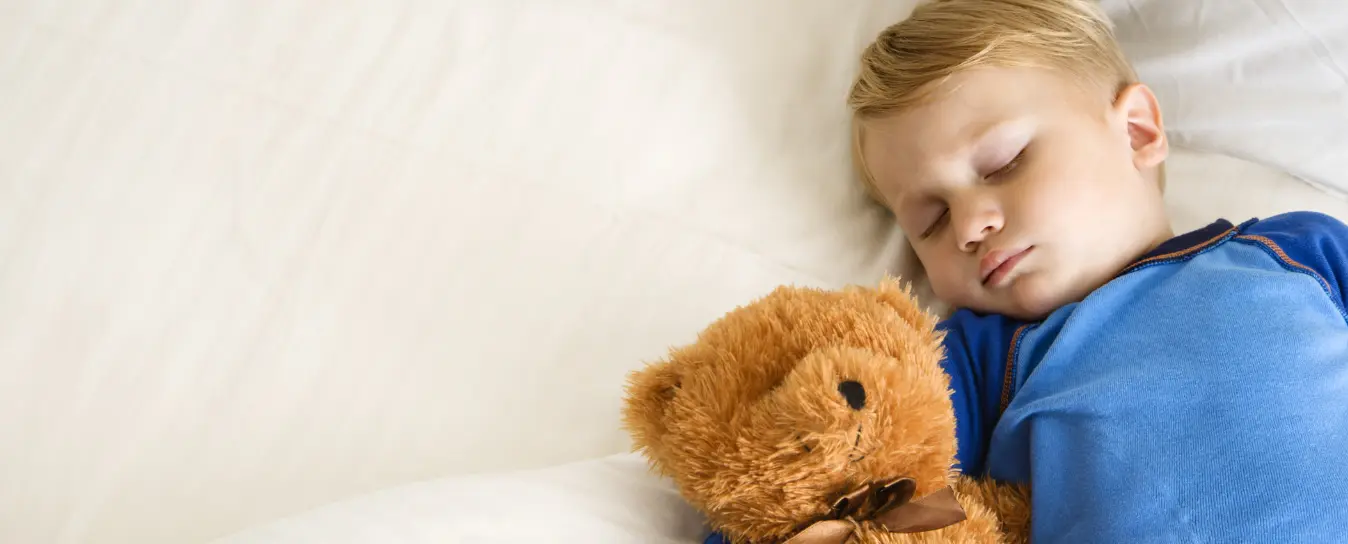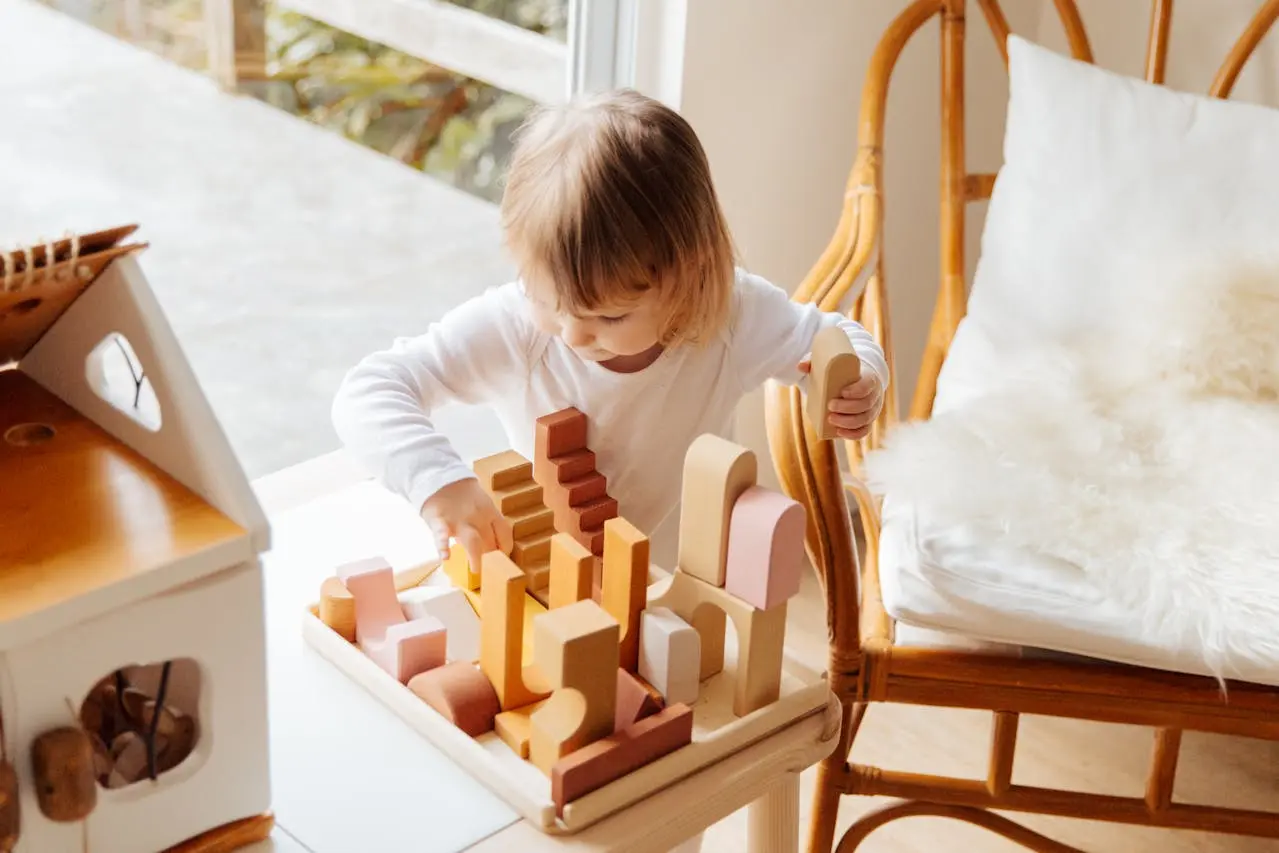Maintaining your child’s health and wellbeing is one of the most important and valuable things you can do as a parent, however, many of us don’t understand the key role that sleep plays in this.
Just like nutrition, physical exercise, and building secure attachments, sleep is a basic requirement for your child’s health.
Sleep is when
- Growth occurs – Growth hormones are released during sleep and a consistent lack of sleep can suppress hormone production which could impact your child reaching their growth potential.
- Learned things are committed to memory – When we sleep, we consolidate our memories, deciding what we need to keep and what we can discard. When children do not sleep well, their brains do not have sufficient time to create new pathways for the information they’ve recently learned.
- The immune system recharges - The risk of infections such as common colds and flu is higher in people who sleep less than the recommended number of hours per night. Our immune systems never 'get used to' insufficient sleep, which can lead to long-term health problems.
We pride ourselves on our unique play-based curriculum, founded on the latest brain development studies of children. But the reality is that without sleep, the curiosity and wonder that we try to evoke in every child can be significantly hindered. Children who don’t get consistently good sleep struggle with their brain development, difficulty learning, emotional regulation, reduced decision-making skills, and behavioural control, the foundations of confident and happy learning.
How much sleep should your child be getting?
All children, up to around 8 years of age, should be getting 12 hours of sleep each night with some requiring daytime sleep in addition to this. For children in our care, aged 2+, the recommended nap length is one hour each day until age 2.5 to 3.5 years.
It is very common for children to be sleeping much less than the recommended number of hours and the impact this is having on them can often be mistaken for other things, such as too much sleep, which is why as parents we often don’t make the connection.
Common signs of sleep deprivation
- Difficulty getting out of bed in the morning.
- Frequent night waking.
- Waking early to start their day.
- Inattentive/zoning out and general difficulty focusing.
- Struggling to cope with the day-to-day challenges/routine.
- Increased clinginess to the caregiver.
- Short nap lengths.
- Prone to hurting themselves/clumsiness.
In a childcare setting the signs that we look out for include:
- Irritability and difficulty with emotional regulation, particularly in the afternoon.
- Difficulty sitting to eat their lunchtime meal.
- Impatience, hyperactivity, extreme giddiness or aggression.
- Difficulty concentrating on tasks or retaining information.
It goes without saying that as childcare providers we provide a safe and comfortable sleep environment for the children in our care, but we always strive to go beyond the expected.
We are working in partnership with Simply Sleep (www.simply-sleep.co.uk) to understand your child’s sleep needs better, support them with age-appropriate routines, and create environments that help them get the rest they need to live happy and healthy lives.
Should we notice any signs that your child might be struggling with their sleep, our staff have been trained in how to have positive conversations about how we can best support. Night and daytime sleep are inextricably linked so the partnership extends beyond sleep in a nursery setting.
To help you establish good sleep habits at home, Simply Sleep will also be providing parent support workshops, monthly blogs, and free initial consultations to Hopes & Dreams parents and carers.
You can book a free initial consultation by following this link or scanning the QR code in each nursery, this can be for any child currently in our care, or for siblings aged 0-8 years.











